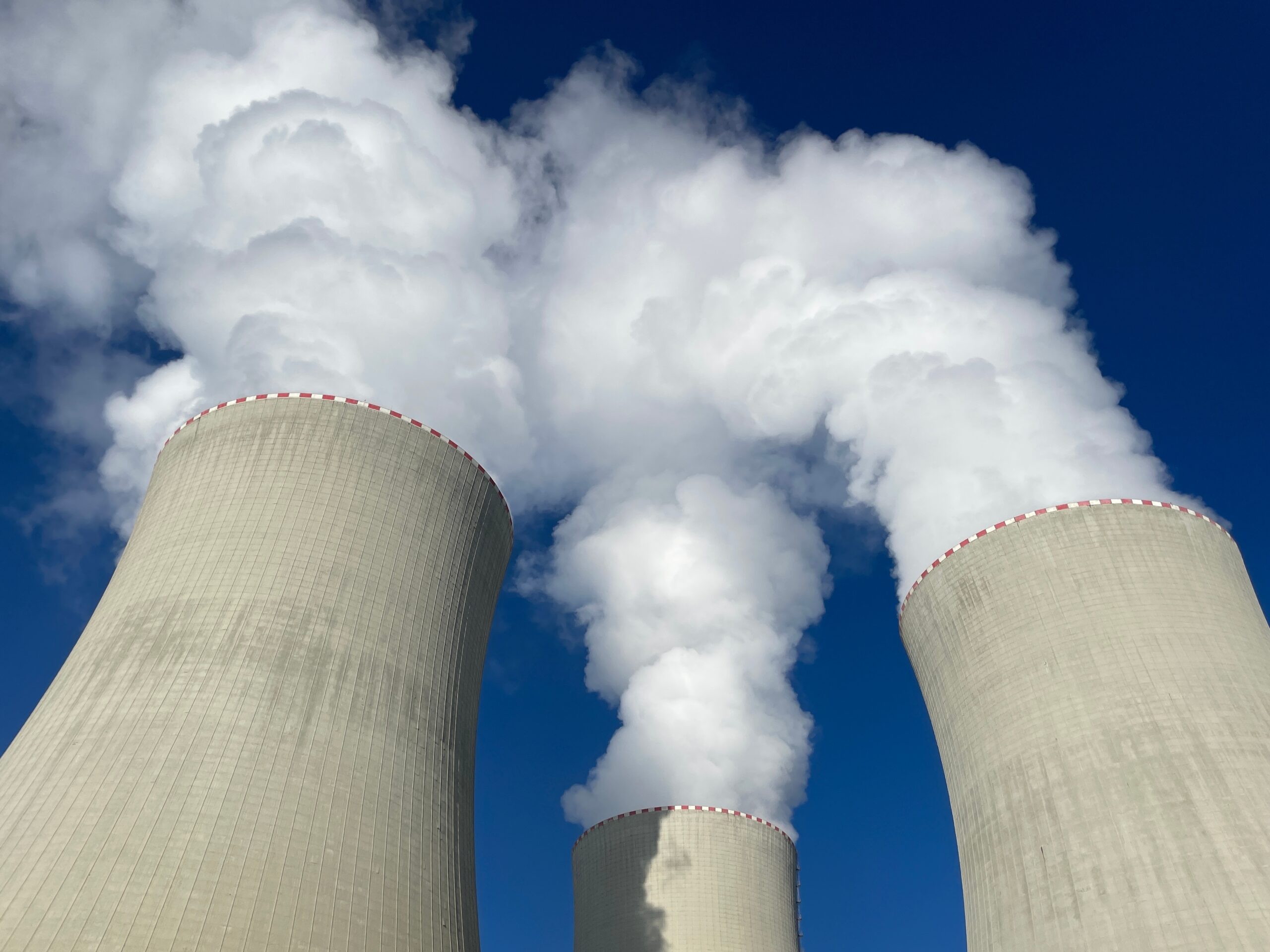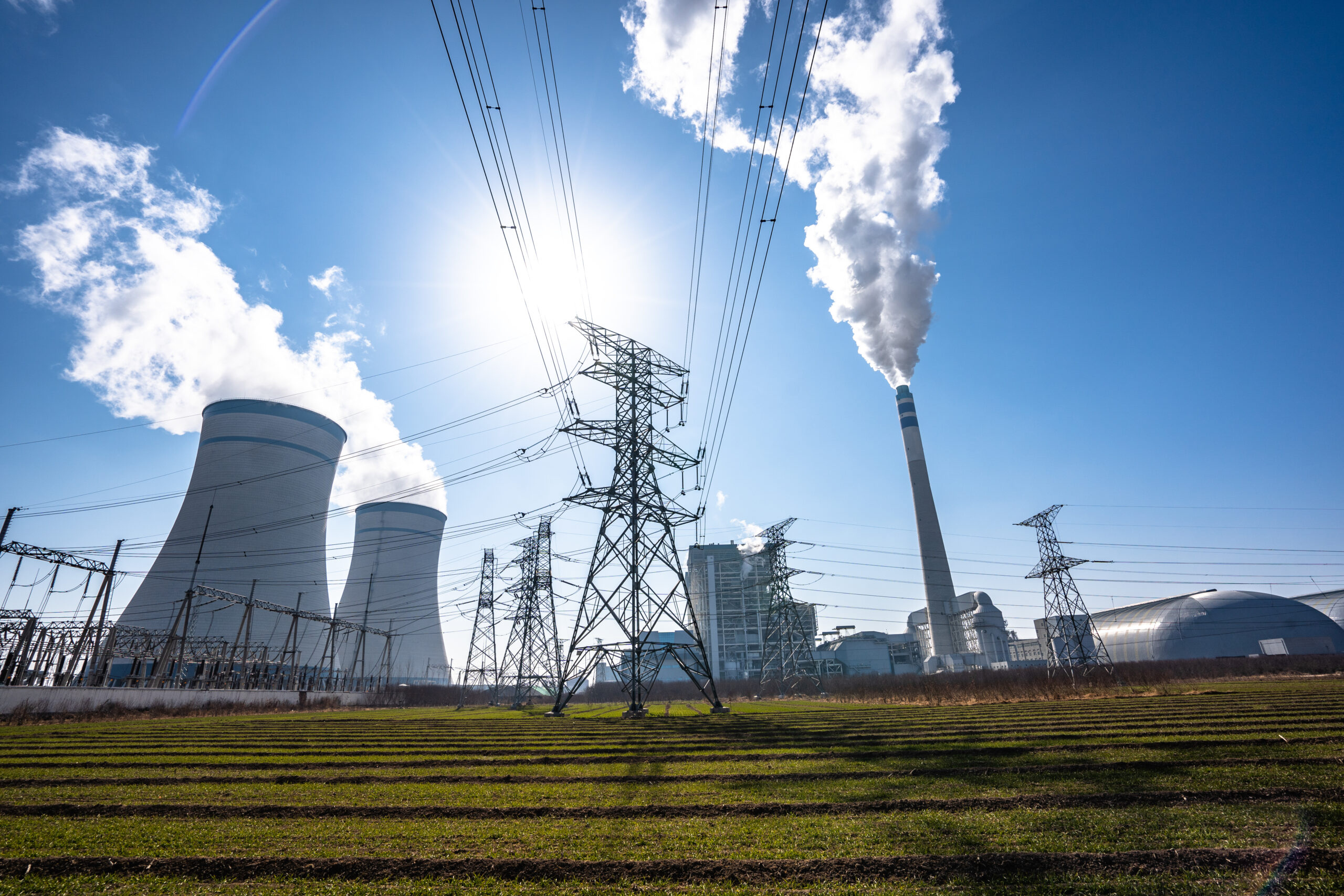

-
- Iran seeks to expand its nuclear energy infrastructure by collaborating with Russia’s Rosatom, proposing the construction of new large-capacity power units and exploring smaller nuclear power projects.
- The cooperation aligns with a newly signed strategic partnership agreement between the two nations, aimed at fostering long-term development amid shared challenges from Western sanctions.
- Russia continues to solidify its position as a global leader in nuclear energy, with over 10 international projects underway to meet rising energy demands driven by technological advancements and sustainability goals.
Iran has expressed a strong interest in collaborating with Russia’s state nuclear corporation, Rosatom, to construct a new nuclear power plant. This development was announced by Rosatom’s CEO, Alexei Likhachev, following discussions that took place during the Iranian president’s visit to Moscow on January 17. The visit coincided with the signing of a comprehensive strategic partnership agreement, an updated version of an earlier 2001 agreement. Encompassing 47 articles, this agreement sets the stage for broad bilateral cooperation, although specific details remain undisclosed.
During the meeting, Iran proposed expanding its nuclear energy collaboration with Russia by identifying another site for the construction of several large-capacity nuclear power units. Likhachev described the initiative as promising, emphasizing the need to address technological aspects and financial arrangements before proceeding. Despite these logistical considerations, he highlighted Iran’s readiness to begin work immediately. In addition to large-capacity plants, Iran also expressed interest in exploring the development of smaller nuclear power projects. However, such endeavors would require additional agreements between the two governments to move forward.
This announcement underscores the strengthening of energy ties between Iran and Russia as both nations face Western sanctions. For Russia, the opportunity aligns with its broader efforts to expand its nuclear energy footprint worldwide. In December, Boris Titov, President Vladimir Putin’s special representative for international cooperation in sustainability, revealed that Russia is constructing over 10 nuclear power units in various countries to meet growing energy demands driven by advancements in artificial intelligence and expanding markets. Titov emphasized that nuclear power is essential to fulfilling these energy needs, describing it as a safe, clean, and greenhouse gas-free solution.
President Putin characterized the new agreement between Russia and Iran as a groundbreaking document, designed to foster stable and long-term development for both nations and the broader region. He remarked that the agreement’s ambitious goals and guidelines for deepening cooperation mark a significant step in bilateral relations. This collaboration highlights the central role of nuclear energy in the evolving energy landscape, offering a glimpse into how Russia and Iran are positioning themselves as key players in global energy transitions while navigating the challenges posed by international sanctions.

0 Comments